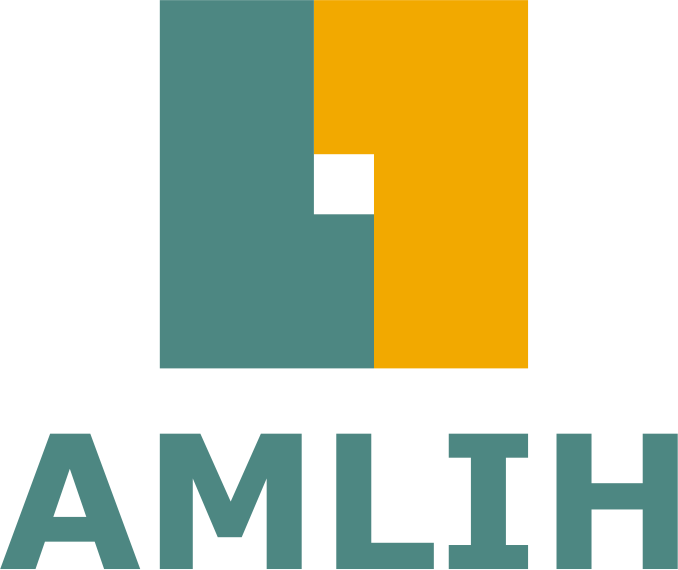2026-02-19
Latvia’s AML/CFT system internationally recognised as overall effective
08.07.2022

The Financial Intelligence Unit of Latvia (Anti-Money Laundering Innovation Hub (AMLIH)) has carried out a preliminary strategic analysis report on the money laundering (ML), terrorism and proliferation financing (TF/PF) risks associated with a type of virtual asset – non-fungible tokens (NFTs).
This study outlines several emerging vulnerabilities in the NFT domain. Self-laundering, wash trading, and tax fraud are a few examples of resultant emerging typologies. The study includes case examples and ML typologies with the usage of NFTs.
NFTs are unique blockchain-based digital certificates that represent ownership of various types of physical or digital property. By accessibly enabling verifiable ownership records and enabling creators to earn royalties after the original sale of the digital asset – the NFT market is becoming one of the most rapid growing sectors of the global digital economy.
The study finds that NFTs can be vulnerable to ML and TF/PF. As virtual asset exchanges become increasingly subject to anti-money laundering (AML) compliance, many of the associated risks are being transferred to NFT marketplaces – a quickly growing market sector with little applicable know-your-client (KYC) or transaction monitoring obligations. The absence of AML obligations in NFT marketplaces produce risks to the users of the platforms, and financial integrity more broadly.
Many of these risks are tied to a lack of clarity in the regulation of NFTs. As each NFT is unique to its underlying asset or function, NFTs can be utilized in numerous market segments, ranging from fine art to financial services. This regulatory opaqueness is creating gaps in ML/TF/PF monitoring and enforcement.
As NFTs increase in popularity and use cases, FIU Latvia recommends cryptocurrency exchanges to pay increased attention to suspected NFT wallets and transactions. Exchanges may also aim to encourage the use of transparent cryptocurrencies for the trade of NFTs. However, as NFT market evolves a secondary market, more concrete regulatory stances may be necessary to prevent the increase of ML and TF/PF risks in the virtual asset market.
The study is available at this link.
Disclaimer
By publishing this study, FIU Latvia (AMLIH) does not take any position, including endorsement or opposition, to NFTs or other forms and types of virtual asset. AMLIH supports technological and market innovation alongside the development of financial integrity and resilience in any existing and new forms of asset.
2026-02-19
Latvia’s AML/CFT system internationally recognised as overall effective
2026-02-16
VDD requests criminal prosecution for violation of EU sanctions

